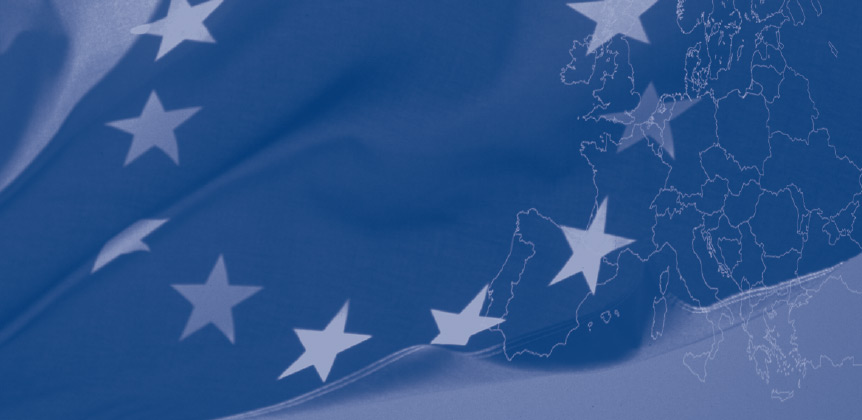The final conference of the EU funded project took place in Minsk to present the core outcomes.
“It is important to show economic effect as well as environmental benefits. Let's work further so that our results are sustainable for a long run”, said Andrea Wiktorin, Head of the EU Delegation, Ambassador.
“Taking care of the environment, we must first take into account the interests of the local population. Economic and social dimensions should go hand in hand with environmental work”, underlined Sanaka Samarasinha, Resident Representative of the United Nations Development Programme in Belarus.
Iya Vitalievna Malkina, First Deputy Minister of Natural Resources and Environmental Protection of the Republic of Belarus, noted with satisfaction that the established trio of EU, UNDP and the Ministry of Natural Resources has already done a lot for the country's economy and social development of the regions. "Let's continue our joint work to preserve the Belarusian wetlands" she said.
The events’ participants were demonstrated a video about the project’s main outcomes. Vladimir V. Koltunov, the Project Manager, Vadim N. Protasevich, Director of Republican Biological Reserve “Sporaūski” and Mikhail V. Maksimenkov, Project Scientific Coordinator told about all steps and components of the implemented project.
The project activity creates a favorable living environment for rare species of flora and fauna, prevents peat fires, reduces CO2 emissions by replacing fossil fuels with peat biomass, and opens up new economic opportunities for local communities.
Much attention was paid to the sustainability of the results, the prospects for spreading the positive experience of the project to other territories of Belarus.
“Clima-East: Conservation and sustainable management of peatlands in Belarus to minimize carbon emissions and help ecosystems to adapt to climate change” project was funded by the EU and implemented jointly by UNDP and Ministry of Natural Resources and Environmental Protection of the Republic of Belarus.
The funds allocated by the European Union for the implementation of the project amounted to 1 498 000 euros.






